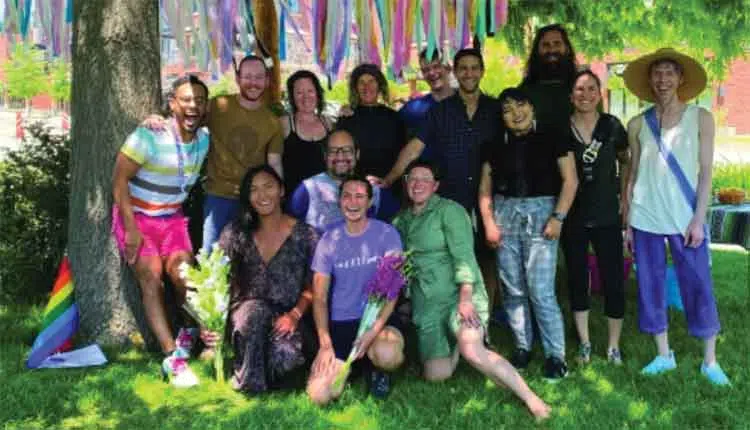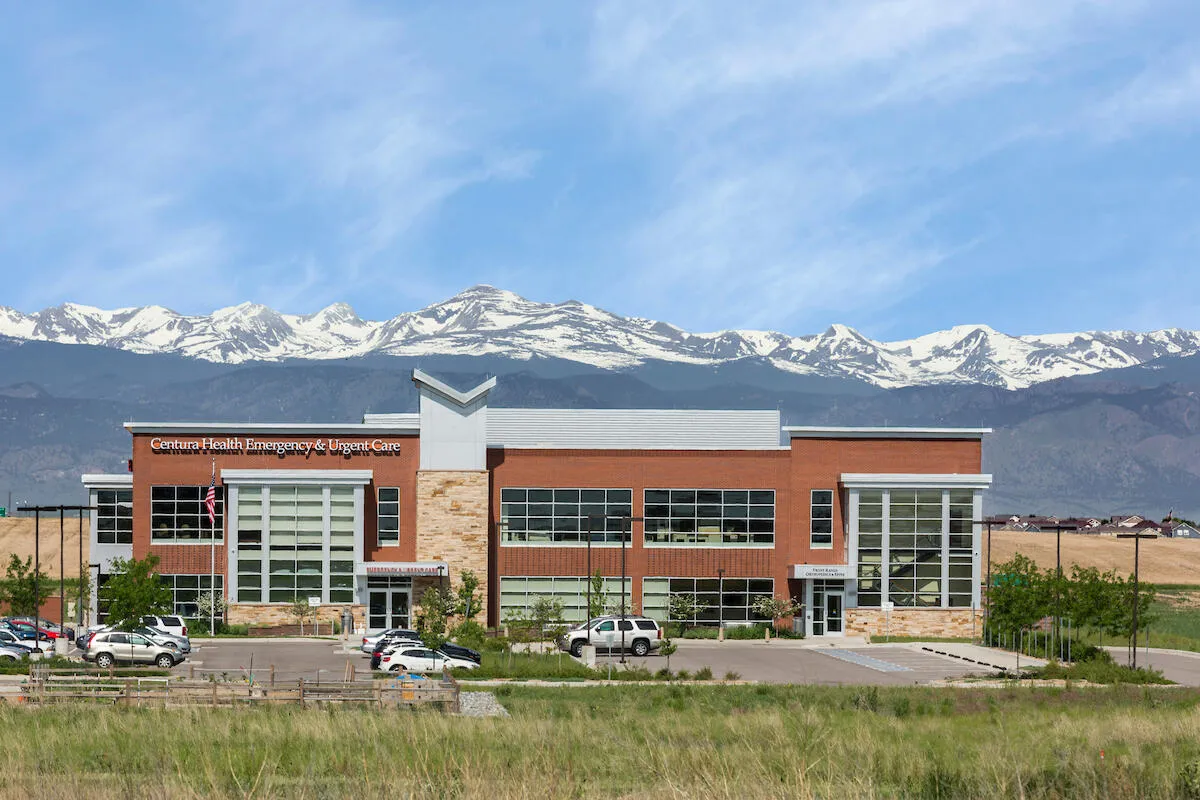Queer Asterisk makes LGBTQ-plus mental health a priority

BOULDER — The LGBTQ+ community’s relationship with the mental-health establishment has traditionally been fraught.
“Our identities have historically been considered a form of mental illness. In many parts of the world, they still are. Access to affirming mental health care is essential for this reason. As queer and trans people, we hold collective trauma in our bodies — whether we have personally experienced violence and discrimination or not,” Queer Asterisk program director RP Whitmore-Bard told BizWest.
Queer Asterisk, a non-profit organization founded by Naropa-trained therapists, was launched in 2016 in effort to make specialized mental-health care accessible for members of the LGBTQ+…
THIS ARTICLE IS FOR SUBSCRIBERS ONLY
Continue reading for less than $3 per week!
Get a month of award-winning local business news, trends and insights
Access award-winning content today!





